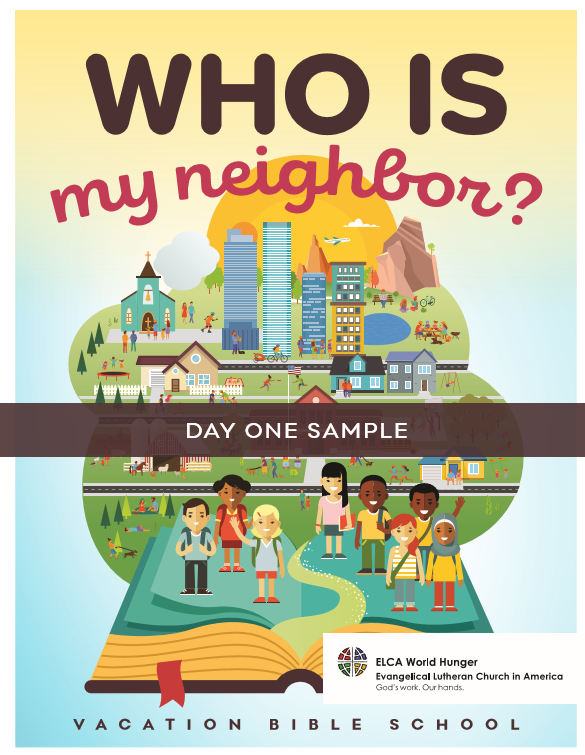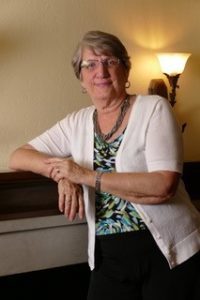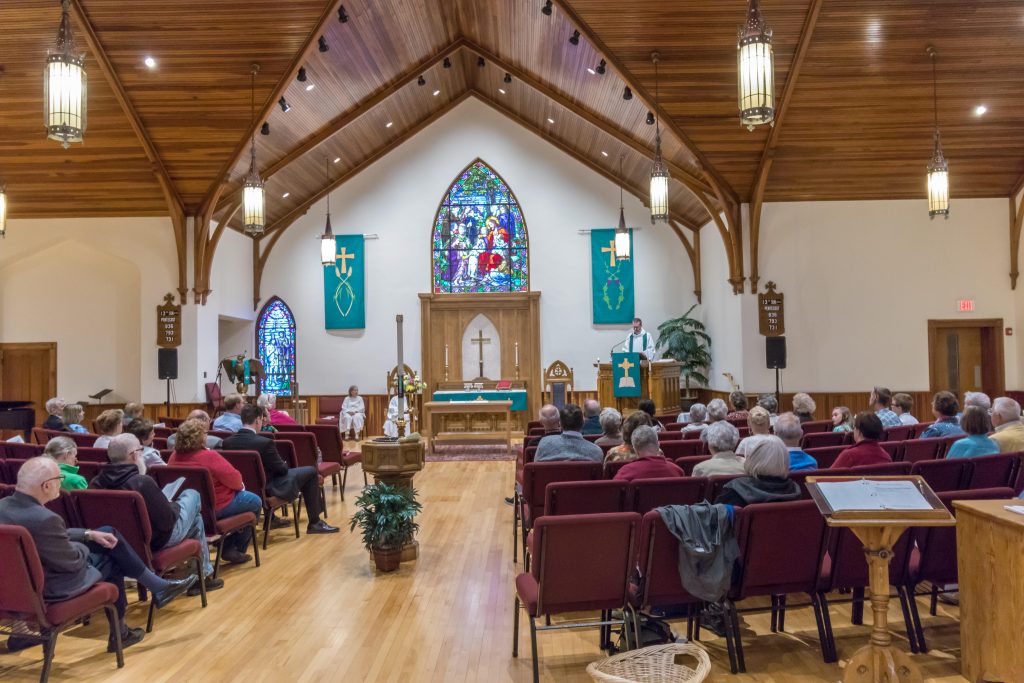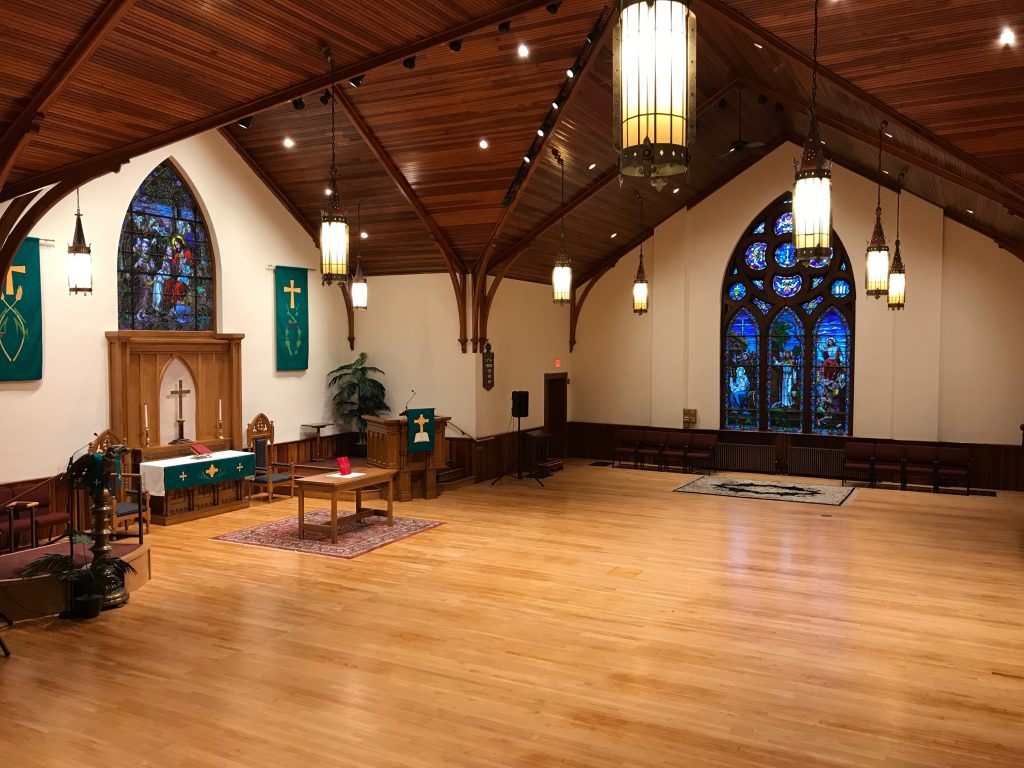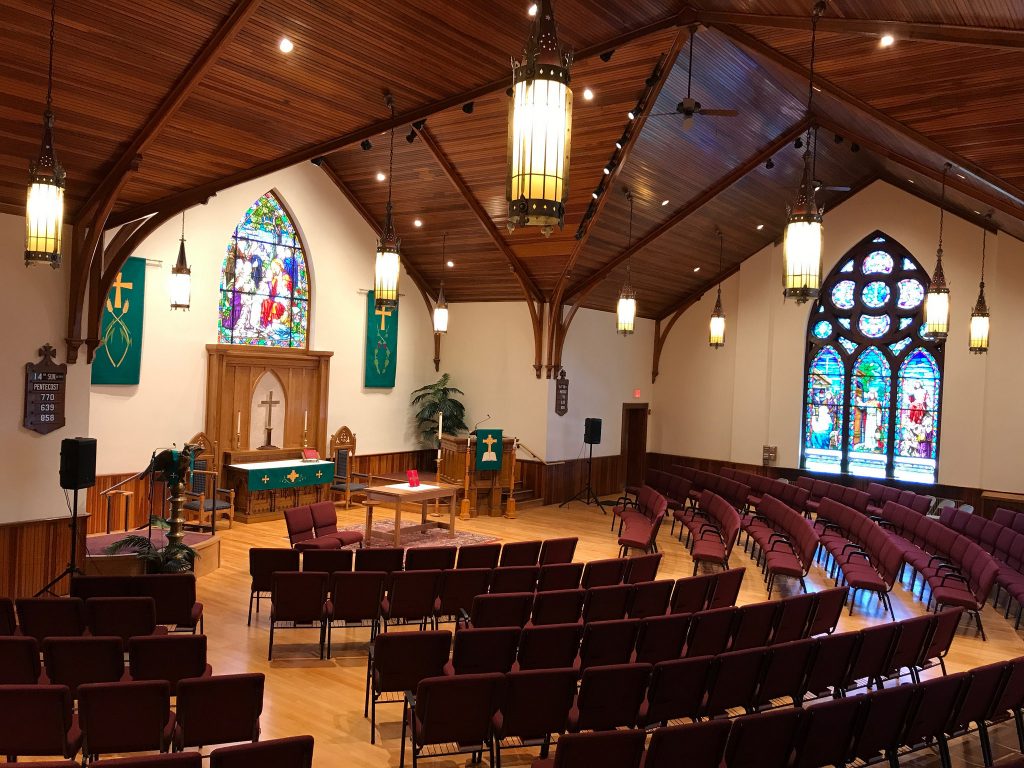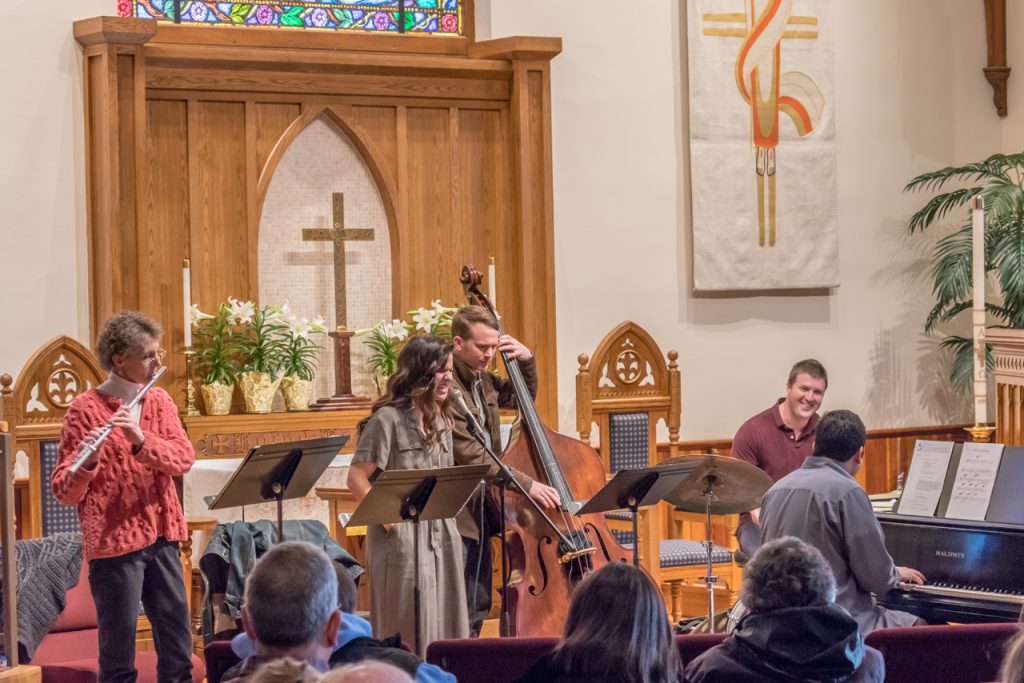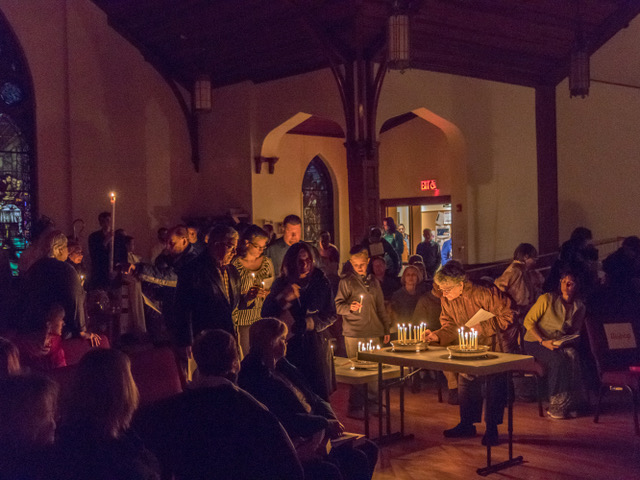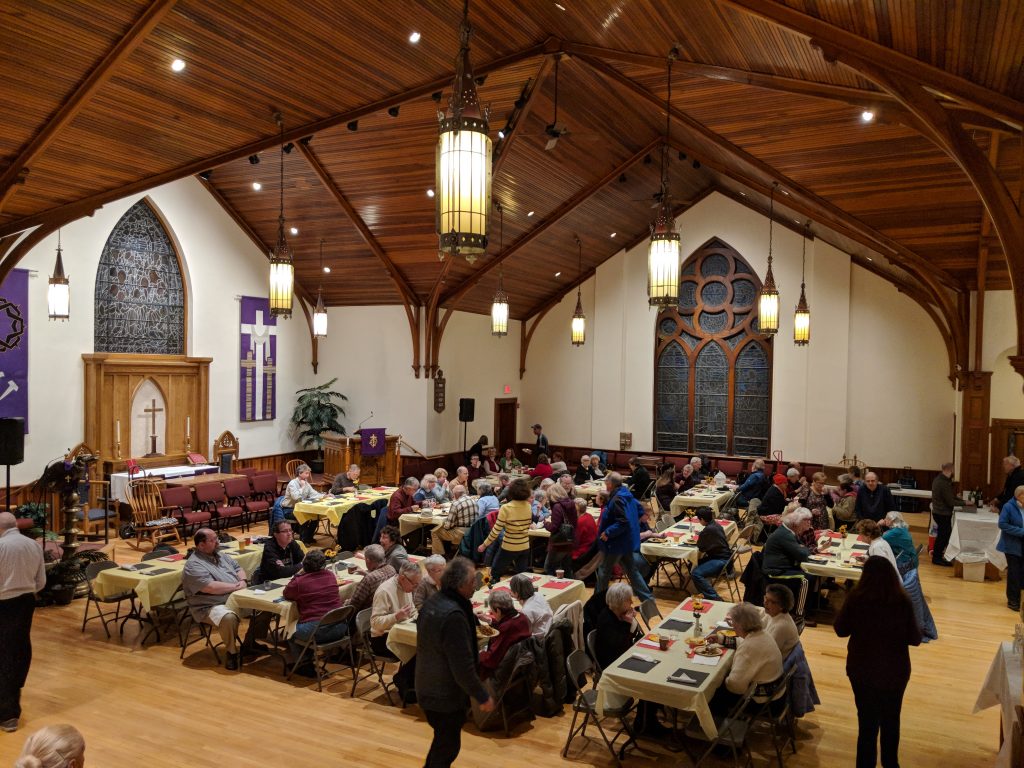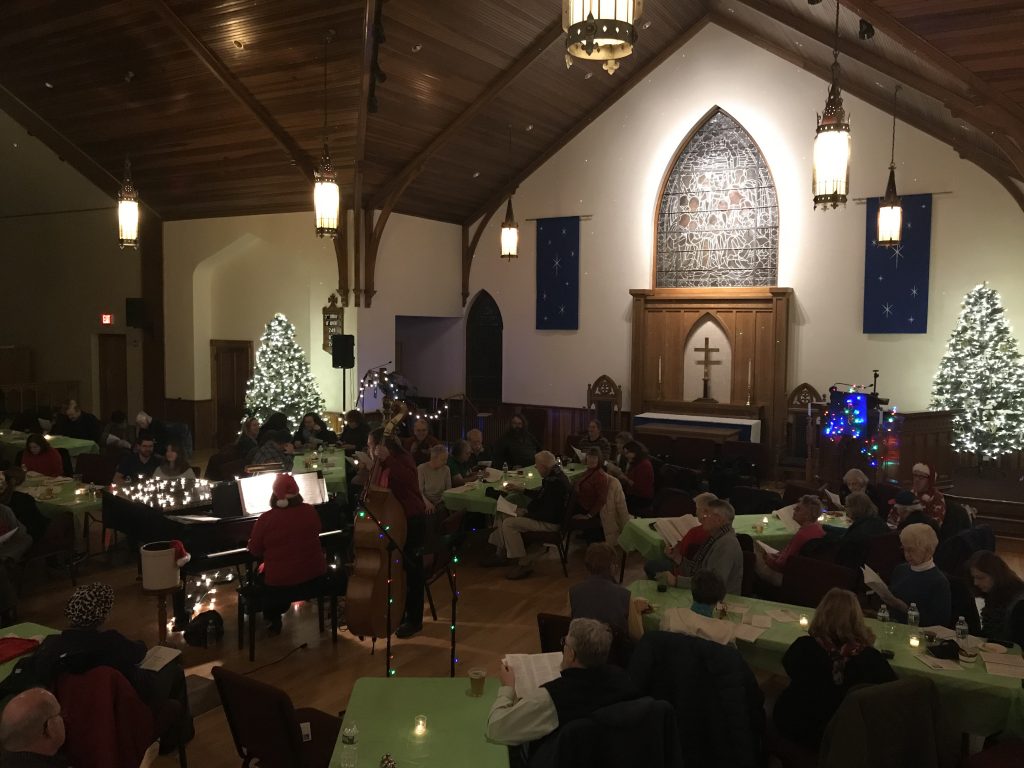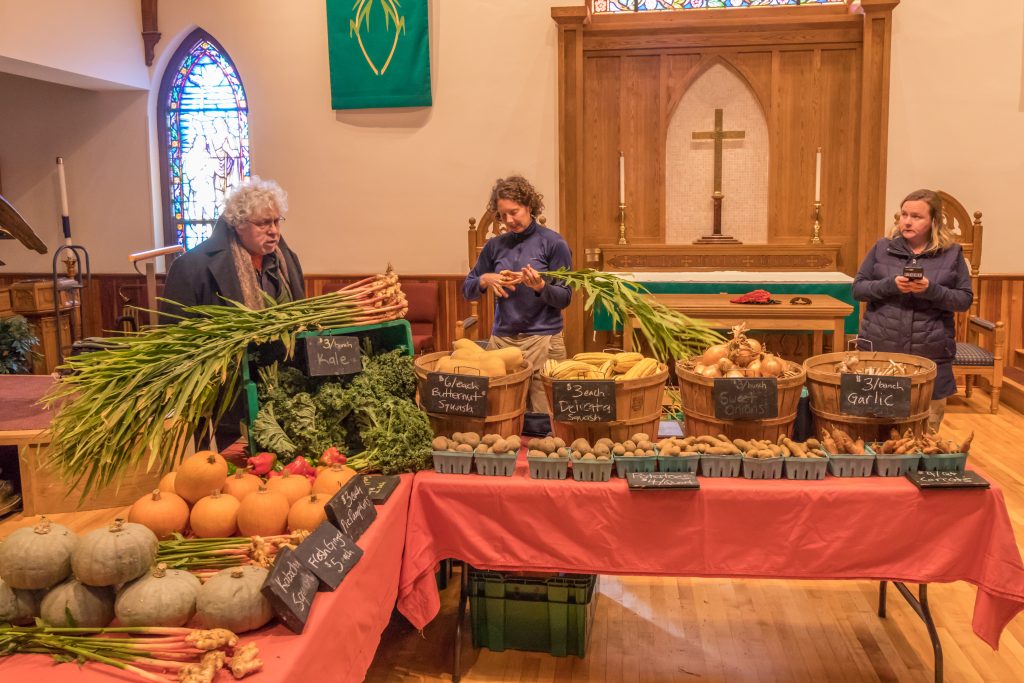I don’t know the whole story, but I do know what I saw and heard through my kindergarten eyes and ears. I know what I learned from adults that day. And I know that it left an indelible mark and questions without satisfying answers. I can without a doubt remember the day in kindergarten when I realized that race was a thing that mattered and that I had one.
A class mate of mine was carried out of the classroom by his hands and his feet. He had been throwing a tantrum on the dark blue rug that had the numbers of a clock around the outer edge. (I loved that rug) He was sent to the principal’s office. He never came back to class that day or any day afterwards. I don’t remember his name. I do remember that his skin was darker than the other black kids in my class. I remember thinking that I would never be subject to the same kind of discipline. I remember feeling very uncomfortable.
I was white.
I didn’t have the language of privilege at that age, but that’s what I was learning about.
I am not always good at paying attention to discomfort or heading into situations that might make me encounter it. But it’s worth the attention. It’s worth noticing. Like I told a kid who had just run his first mile before coming to church for Wednesday evening programing, “if it hurts, you have to stretch or it will hurt more.” You have to pay attention to what your body is telling you. Discomfort offers and opportunity for growth. Avoiding it does no such thing.
“This life therefore is not righteousness, but growth in righteousness. Not health but healing. Not being, becoming. Not rest, but exercise. We are not what we shall be, but we are moving toward it. The process is not yet finished, but it is moving on. This is not the end, but this is the road. All does not yet gleam in the glory of God but all is being purified.” -Martin Luther
In my ministry as a parish deaconess, friends with young children and congregation members regularly ask me if I know of or have good resources for talking with their children about race. They share stories of struggling with how to raise their children to recognize and celebrate human diversity as a gift without relying on the language of “color blindness” that they, more often than not, were raised with. Mostly I listen to their stories and celebrate with them the good things they’re already doing. Their questions keep me wondering about what ways the church can partner with parents as they strive in this arena. I know we can meet communities, families, congregations, and children where they’re at and encourage healthy conversations around race where faith and grace are at the center of the conversation. I also know it’s hard to know where to start.
Younger Children & Elementary Children
· Consider doing a resource audit and see what you notice. This is not meant to make you feel guilty, but to help provide a mirror. I recently had middle schoolers go through the children’s books on my shelf at church and put them into 2 piles: books that had persons of color in them at all and books that had mostly white characters. It was informative. We had great conversations as a result.
· If your congregation is in the habit of celebrating the saints (or even if it’s not), consider using a children’s sermon to highlight MLK Day, the birthday of Archbishop Desmond Tutu, or Saint Augustine. These leaders in the church were persons of color. There’s a great children’s book by Archbishop Desmond Tutu called “God’s Dream” that you could read on his birthday each year. There’s even a board book version that you could give out as a baptismal birthday gift.
· Children love to dance and bang on drums. There are great global music songs in the ELW that you can break the ice with by inviting the little ones to dance in the aisles. Setting 7 has a great “Glory” that even a congregation unfamiliar with Latin music can get into. We can celebrate the gift of the gospel with our whole bodies.
Middle Schoolers
· Middle schoolers are capable of deeper conversations than we sometimes give them credit for. Three days of confirmation class could be spent on race, culture, and class. ELCA World Hunger has downloadable resources on Hunger and the Catechism.
· Middle Schoolers are busy struggling to broaden their worldview beyond their own “bubbles.” Give them the tools to be courageous by setting an example. The ELCA also has missionaries across the globe. Maybe your congregation could consider sponsoring one and your middle school Sunday School could write them letters.
· Middle Schoolers LOVE to inform adults about things they “know more” about. What if your middle schoolers were to do a poster series on “You Could Be a Lutheran If . . . ” that explored Lutheranism in America and the world. For example, one poster could be “You Could be Lutheran if you live in Tanzania” because there are more Lutherans in Tanzania than the United States.
High Schoolers
· ELCA Racial Justice Ministries has a number of downloadable resources that are created for adults, that I think you could adjust for conversations with high schoolers in youth group.
· Equipping leaders and mentors to engage in conversations around identity, race, culture, class and how we attend to those conversations as persons of faith is perhaps one of the harder things to do. However, youth will want to talk about identity – it’s edgy. Maybe prep your leadership with ELCA Racial Justice Ministries resources like “One Body, Many Members.”
· In some places Lutherans are reclaiming the practice of sharing personal faith stories and giving testimony. What might it look like to have a testimony series that intentionally asked questions around the intersection of identity, race, culture, and class? What if adults and youth shared stories that were truly vulnerable and didn’t always tie up in a neat bow?
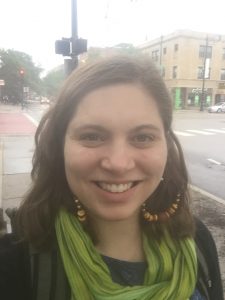
Bio: Claire Schoepp (she/her/hers) is a parish Deaconess at two congregations in Chicago serving as Director of Child and Family Ministries at Luther Memorial Church of Chicago and Administrative Assistant at St. Luke’s Lutheran Church of Logan Square. Claire is grateful to First Immanuel Lutheran Church and Rev. Harry Therwanger for everything. Claire and her spouse, Isaac Schoepp, love living in Chicago where they take in as much theatre as possible.


